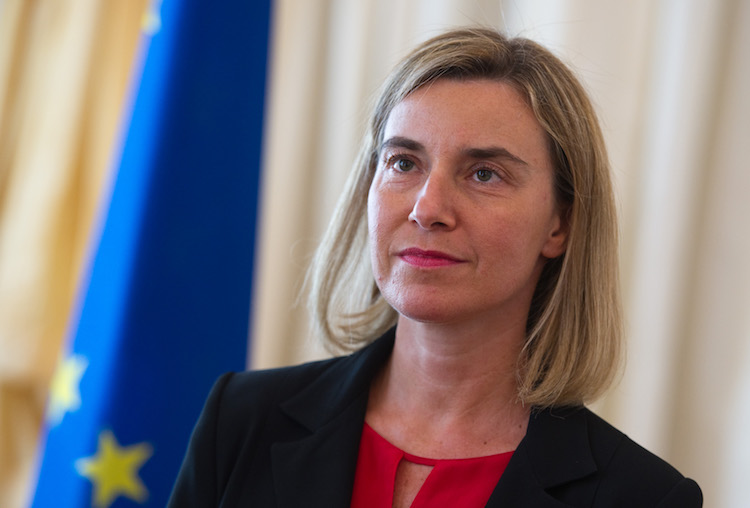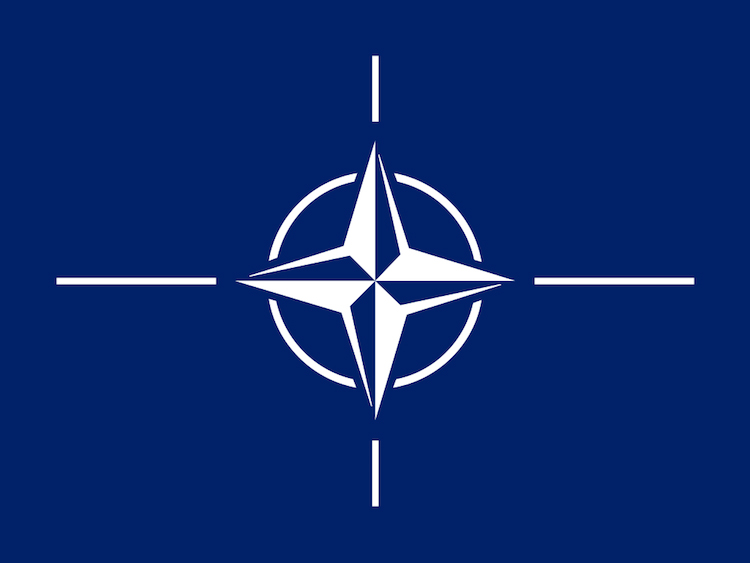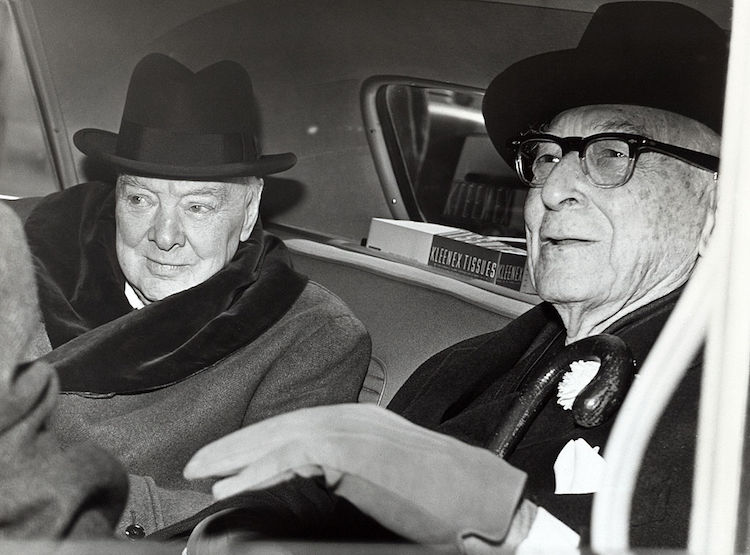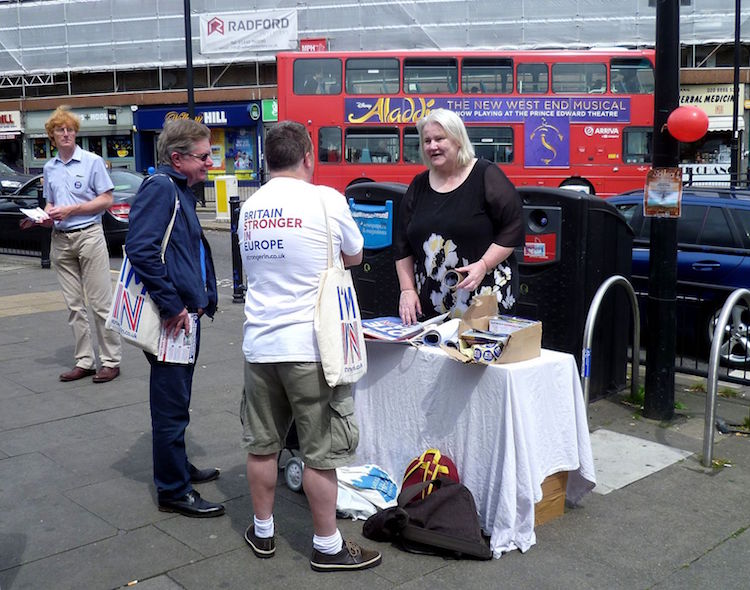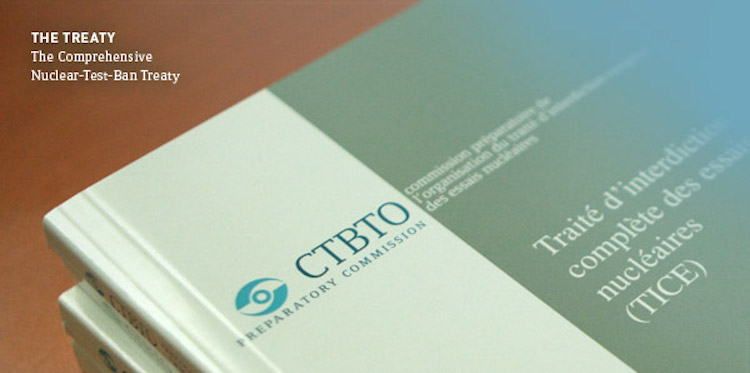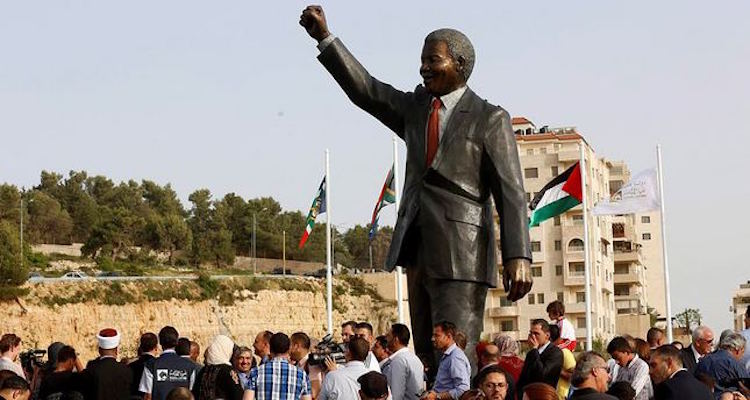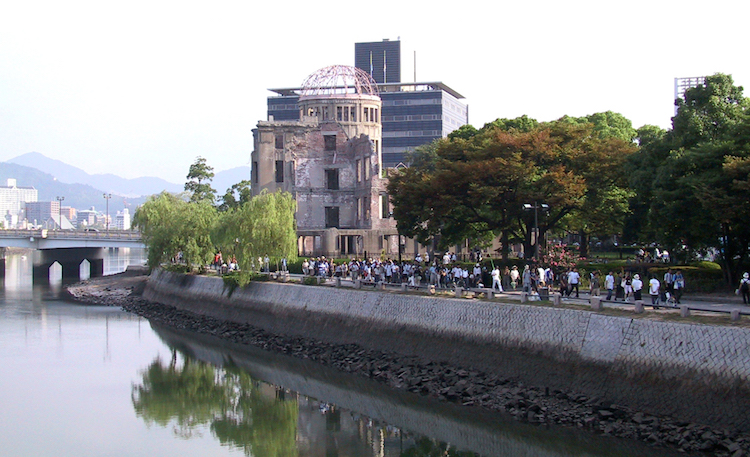IDN | INPS Special Report
Alyn Ware and Jean-Marie Collin analyse the Declaration of the Parliamentary Assembly of the Organisation for Security and Cooperation in Europe (OSCE PA) early July, calling for taking nuclear weapons off high alert and adopting no-first-use policies. In this context, they explore whether President Obama’s reported plans along the same lines would fly.
BERLIN | PARIS | WELLINGTON (IDN | INPS) – The Parliamentary Assembly of the Organisation for Security and Cooperation in Europe (OSCE PA) convened in Tbilisi, the capital of Georgia, July 1-5 and called on all OSCE States with nuclear weapons or under extended nuclear deterrence relationships to reduce the risks of a nuclear war by taking nuclear weapons off high alert and by adopting no-first-use policies.
This plea was part of the Tbilisi Declaration, which was adopted by the OSCE PA on July 5. The Declaration also highlighted the risks of nuclear confrontation between Russia and NATO, welcomed the UN Open Ended Working Group on Taking Forward Multilateral Nuclear Disarmament Negotiations (OEWG) and supported the commencement of such negotiations in 2017.


